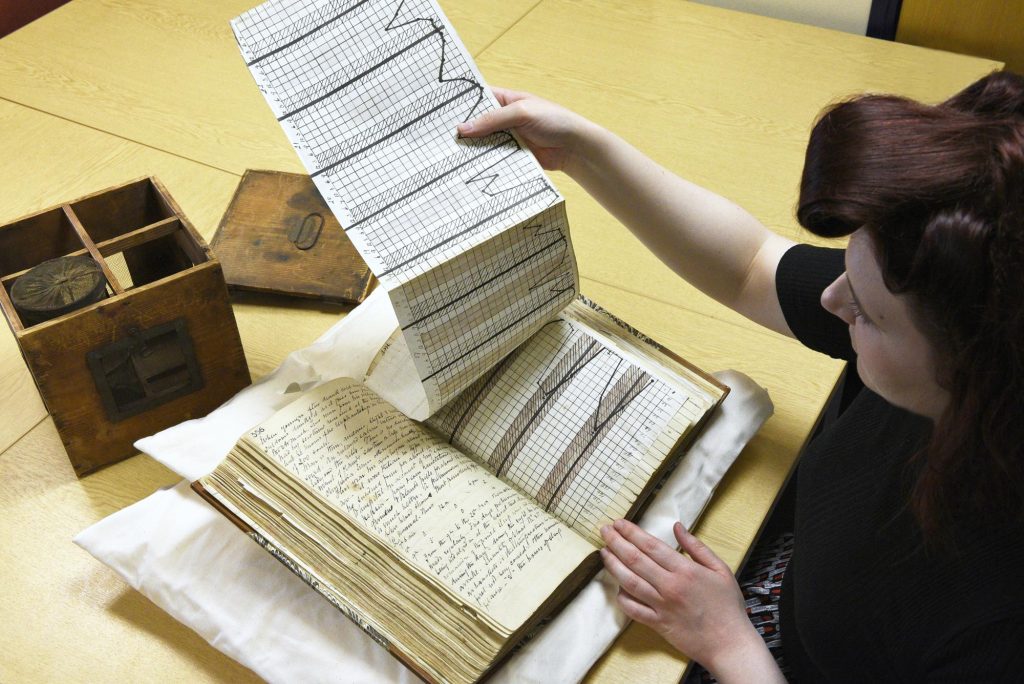Digital archives are transforming the way we store, access, and preserve historical and cultural records. By converting physical documents, images, audio, and video into digital formats, digital archives make it easier to manage and disseminate information while ensuring its long-term preservation. This article explores the importance of digital archives, their benefits, and the challenges associated with maintaining them.

The Importance of Digital Archives
- Preservation of Historical Records:
- Long-Term Storage: Digital archives provide a method for preserving important documents, photographs, audio recordings, and videos that might otherwise deteriorate over time. Digital formats help safeguard historical materials from physical decay.
- Access to Rare Documents: Digitizing rare or fragile materials ensures that valuable historical records are accessible to researchers, historians, and the public without risking damage to the original items.
- Increased Accessibility:
- Global Reach: Digital archives make it possible for users around the world to access historical and cultural records from their own devices, eliminating geographical barriers and expanding access to knowledge.
- Search and Retrieval: Digital archives often include search functionalities that allow users to quickly find specific information within vast collections, improving efficiency in research and study.
- Educational Resources:
- Teaching Tools: Educators can use digital archives as teaching resources, incorporating historical documents, images, and multimedia into lesson plans to enhance learning and engagement.
- Research and Scholarship: Researchers and scholars benefit from easy access to primary sources, enabling them to conduct more comprehensive studies and produce well-informed publications.
- Cultural Heritage:
- Preserving Culture: Digital archives play a crucial role in preserving cultural heritage, including traditions, languages, and artifacts that might otherwise be lost over time.
- Public Engagement: Digital archives often include interactive elements, such as virtual exhibitions or online collections, that engage the public and promote awareness of cultural and historical significance.
- Efficiency and Cost-Effectiveness:
- Resource Management: Digital archives streamline the management of large volumes of information, reducing the need for physical storage space and associated costs.
- Data Backup: Digital records can be easily backed up and replicated, reducing the risk of loss due to physical damage or disasters.
Benefits of Digital Archives
- Enhanced Accessibility:
- Anytime, Anywhere: Users can access digital archives from any location with an internet connection, making it convenient to explore and utilize resources at any time.
- Multiple Formats: Digital archives can accommodate various formats, including text, images, audio, and video, allowing for a richer and more comprehensive experience.
- Improved Preservation:
- Durability: Digital formats are less susceptible to physical degradation compared to paper or film, ensuring that records remain intact and accessible for future generations.
- Redundancy: Multiple copies of digital records can be stored across different servers or locations, providing additional protection against data loss.
- Advanced Search Capabilities:
- Keyword Searches: Users can perform keyword searches to quickly locate relevant information, making research and retrieval more efficient compared to browsing physical collections.
- Metadata Integration: Digital archives often include metadata that provides context and additional details about records, enhancing their usability and discoverability.
- Interactive Features:
- Virtual Exhibitions: Digital archives can host virtual exhibitions and interactive displays, allowing users to explore historical and cultural materials in engaging ways.
- User Contributions: Some digital archives invite users to contribute information or annotations, fostering collaboration and crowd-sourced knowledge.
- Scalability:
- Growing Collections: Digital archives can easily accommodate expanding collections of records, allowing institutions to continually add new materials without physical constraints.
- Integration with Other Systems: Digital archives can be integrated with other digital systems and tools, such as digital libraries or research databases, to enhance functionality and accessibility.

Challenges of Digital Archives
- Digital Preservation:
- Technology Obsolescence: Digital formats and storage media can become obsolete, requiring ongoing updates and migrations to ensure long-term accessibility.
- Data Integrity: Ensuring the integrity and authenticity of digital records is essential to maintaining their historical value and accuracy.
- Security and Privacy:
- Data Protection: Digital archives must implement robust security measures to protect sensitive information and prevent unauthorized access or data breaches.
- Privacy Concerns: Managing privacy and consent issues related to personal or confidential information is crucial, especially when digitizing records that include private data.
- Resource Requirements:
- Funding and Support: Establishing and maintaining digital archives requires financial resources, technical expertise, and ongoing support, which can be challenging for some institutions.
- Technical Expertise: Institutions need skilled professionals to manage digital archives, including expertise in digitization, metadata management, and digital preservation.
- Quality Control:
- Accuracy of Digitization: Ensuring the accuracy and quality of digitized records is important for maintaining the integrity of the information and providing reliable resources for users.
- Metadata Consistency: Properly documenting and tagging digital records with metadata is essential for effective search and retrieval, but can be time-consuming and complex.
- Legal and Copyright Issues:
- Copyright Compliance: Institutions must navigate copyright laws and obtain necessary permissions when digitizing and distributing materials that are still under copyright protection.
- Legal Restrictions: Certain records may have legal restrictions that limit their availability or use, requiring careful consideration and compliance.

Conclusion
Digital archives play a vital role in preserving and providing access to historical and cultural records. By leveraging digital technology, institutions can enhance accessibility, improve preservation, and engage with a global audience. However, maintaining digital archives comes with its own set of challenges, including technology obsolescence, security concerns, and resource requirements. As technology continues to evolve, digital archives will remain essential in safeguarding and sharing our collective heritage for future generations.


